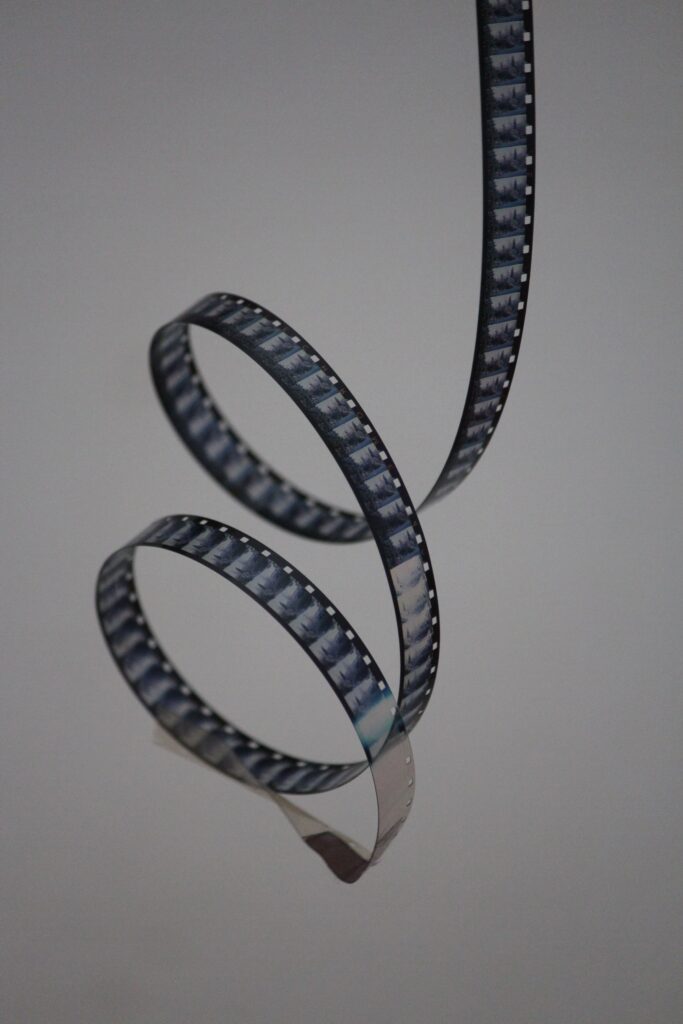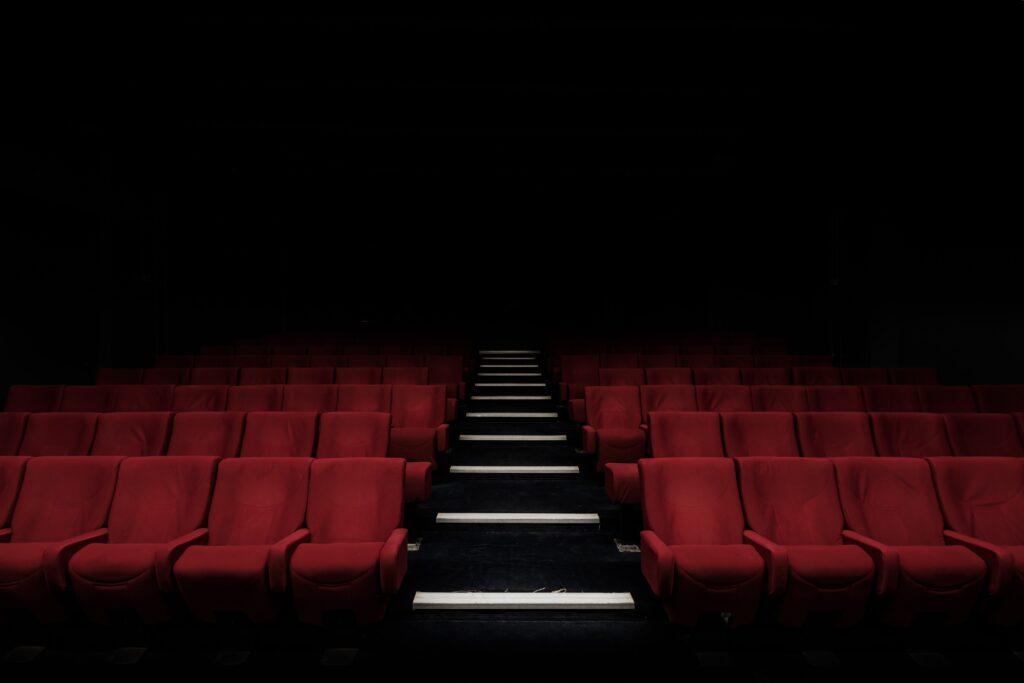When reviewing a period film, context plays a vital role in gauging its overall impact and authenticity. Understanding the contextual framework in which the film is set allows you to appreciate the nuances and intricacies of the story, the characters, and the historical backdrop. This article delves into the significance of context when reviewing a period film, catering to a diverse audience that includes film students, industry professionals, and anyone intrigued by the meta-discussion surrounding movie reviews. By exploring questions, issues, and trends within the film review industry, we aim to shed light on the ethics, methodologies, and impact these reviews have on the box office and the industry as a whole. Through a variety of formats, from FAQs to analytical essays, this article aims to provide a well-researched and nuanced discussion on the importance of context when reviewing a period film, backed by data, quotes from industry professionals, and academic references.
Introduction
When it comes to reviewing a period film, context plays a crucial role in understanding and evaluating the film’s purpose, choices, and overall impact. A period film, also known as a historical film, transports viewers to a different time and place, often depicting significant events, historical figures, and social ideologies. It is essential to consider the historical context in which these films are set, as well as the filmmaker’s choices in representing that context. By understanding the relevance of historical accuracy, researching the time period, and analyzing the visual representation of the era, we can unravel the cultural significance and the effect it has on the audience reception. This article will delve into these aspects and provide a comprehensive analysis of the importance of context when reviewing a period film.
Defining a Period Film
Before diving into the significance of context, it is essential to have a solid understanding of what constitutes a period film. A period film is a genre that portrays events, characters, and settings from a distinct historical era. The film’s narrative unfolds within a specific time frame, ranging from a few decades to centuries ago. Period films can be set in different cultures and countries, showcasing various historical periods such as ancient civilizations, medieval times, or recent history. These films often utilize costumes, sets, and props to recreate the aesthetics and atmosphere of the chosen era, aiming to transport viewers into the past.

Understanding the Historical Context
Relevance of Historical Accuracy
One of the primary considerations when evaluating a period film is the level of historical accuracy it maintains. While artistic liberties are often taken for the sake of storytelling, an accurate portrayal of the historical context is crucial for an authentic and immersive experience. Historical accuracy helps ground the film in reality, allowing viewers to understand the events and characters within their appropriate historical framework. It helps establish credibility and provides an educational opportunity for the audience. However, it is important to understand that complete historical accuracy may not always be achievable or the primary goal of a film. Filmmakers often strike a balance between authenticity and creative interpretation to cater to both the demands of the narrative and the audience’s expectations.
Researching the Time Period
To accurately depict a specific time period, filmmakers must conduct in-depth research to ensure their film captures the essence of the era. This research encompasses various aspects, including social and cultural norms, political climate, technological advancements, and even the language spoken during that time. Historical research allows filmmakers to accurately recreate the setting, the costumes, and the dialogue, creating an immersive experience for the audience. It also helps them understand the perspectives of the characters and the context in which they operate. By thoroughly researching the time period, filmmakers can make informed choices about how to best represent historical events and figures on screen.
Evaluating the Filmmaker’s Choices
Once armed with knowledge about the historical context, it is essential to evaluate the filmmaker’s choices in depicting that context. Filmmakers have creative freedom in how they choose to represent historical events, characters, and social issues. These choices shape the narrative and the audience’s understanding of the time period. Evaluating the filmmaker’s choices involves analyzing their storytelling techniques, visual aesthetics, performance direction, and overall direction. It also includes examining the thematic elements and the intended message behind the film. By critically evaluating the filmmaker’s choices, one can assess the effectiveness of their approach in creating an engaging and insightful period film.

Visual Representation of the Time Period
Set Design and Costumes
An integral aspect of period films is the visual representation of the time period through set design and costumes. The attention to detail in recreating the architecture, interior design, and landscapes can transport viewers into the historical era. Similarly, the costumes worn by the characters help establish the authenticity of the setting and contribute to the overall atmosphere of the film. Assessing the set design and costumes involves considering the accuracy, craftsmanship, and attention to historical details. By evaluating these visual elements, one can gain a deeper appreciation for the level of immersion and the authenticity achieved by the filmmakers.
Cinematography and Lighting
Cinematography and lighting in period films play a crucial role in capturing the essence of the era. The choice of camera angles, lighting techniques, and color palettes can evoke a particular mood or aesthetic that aligns with the time period. For example, a film set in the Victorian era may employ muted colors and soft lighting to create a romantic and nostalgic feel. On the other hand, a film portraying a revolution or war may utilize bold and stark visuals to portray the harsh realities of the time. Evaluating the cinematography and lighting allows us to assess how successfully the film captures the visual language of the era and enhances the storytelling.
Portrayal of Historical Figures or Events
Period films often feature real historical figures and events, presenting an opportunity to explore their lives, actions, and impact on history. Evaluating the portrayal of historical figures requires considering the accuracy of their characterization, the extent of creative interpretation, and the depth of research undertaken by the filmmaker. This evaluation helps determine whether the portrayal aligns with historical records or whether artistic liberties have been taken for dramatic effect. When it comes to depicting historical events, the film’s authenticity in capturing the significance, nuances, and consequences of those events is of paramount importance. By critically examining the portrayal of historical figures and events, we can assess the film’s ability to shed light on the past and its relevance to contemporary understanding.

Interpreting the Cultural Significance
Social Themes and Commentary
Period films often serve as vehicles for exploring social themes and offering commentary on historical injustices, societal norms, and power structures. By examining the film’s treatment of these themes, one can gain insights into the cultural significance of the time period and the filmmaker’s intentions. For example, a film set in the Civil Rights era might explore themes of racial inequality and social justice. Evaluating the film’s portrayal of these themes allows us to understand how it reflects the period’s social issues and how those issues resonate with contemporary audiences. It also enables an analysis of the film’s impact on raising awareness or provoking discussions around these social themes.
Relevance to Contemporary Issues
Period films possess the unique ability to draw parallels between historical events and contemporary issues. By exploring the relevance of a film’s themes and narratives to present-day concerns, we can understand how these films contribute to the ongoing cultural dialogue. For example, a period film centered around women’s suffrage may shed light on current debates surrounding gender equality. Evaluating the film’s relevance to contemporary issues allows us to appreciate its potential impact and its ability to provoke thought and reflection among the audience.
Effect on Audience Reception
A period film’s impact on audience reception relies heavily on the context it establishes and the authenticity it maintains. An accurately portrayed historical context can enhance the audience’s emotional connection with the characters, their struggles, and the events depicted. Strong performances, engaging storytelling, and visual aesthetics contribute to the immersive experience, allowing viewers to appreciate the film’s artistry. The effectiveness of a period film in resonating with the audience depends on its ability to evoke emotions, provoke thought, and spark curiosity about the past. By considering the effect on audience reception, we can evaluate the film’s success in achieving its intended objectives and entertaining or enlightening its viewers.
Critical Reception and Impact
Influence on Box Office Performance
The critical reception and box office performance of a period film can provide insights into its overall impact and success. Positive reviews from film critics often contribute to a film’s commercial success by generating buzz and attracting a wider audience. The accurate portrayal of the time period, compelling storytelling, and strong performances can garner critical acclaim and attract viewers who appreciate historical authenticity. By analyzing the box office performance in conjunction with critical reception, we can assess the film’s impact on popular culture and its ability to resonate with a broad audience.
Awards and Recognition
Awards and recognition in the film industry also serve as a measure of a period film’s impact and quality. Films that accurately depict historical periods and effectively convey their narrative often receive nominations and awards in categories such as Best Production Design, Best Costume Design, or Best Picture. Recognition from industry professionals and prestigious award ceremonies reflects the film’s artistic merit and its contribution to the craft of filmmaking. By considering the awards and recognition received by a period film, we can understand its broader impact and the acknowledgment it receives within the industry.
Conclusion
In conclusion, context holds immense importance when reviewing a period film. Understanding the historical context, evaluating the filmmaker’s choices, and analyzing the visual representation of the era contribute to a comprehensive evaluation of the film’s purpose and impact. By considering the relevance of historical accuracy, researching the time period, and interpreting the cultural significance, we gain insights into the film’s educational, artistic, and entertainment value. Furthermore, exploring the effect on audience reception and the critical reception can provide a holistic understanding of the film’s success and wider impact. With its ability to transport viewers to different times and cultures, a period film serves as a valuable medium for storytelling, education, and fostering dialogue about the past. By appreciating the importance of context, we can fully appreciate the richness and depth that period films bring to the cinematic landscape.
